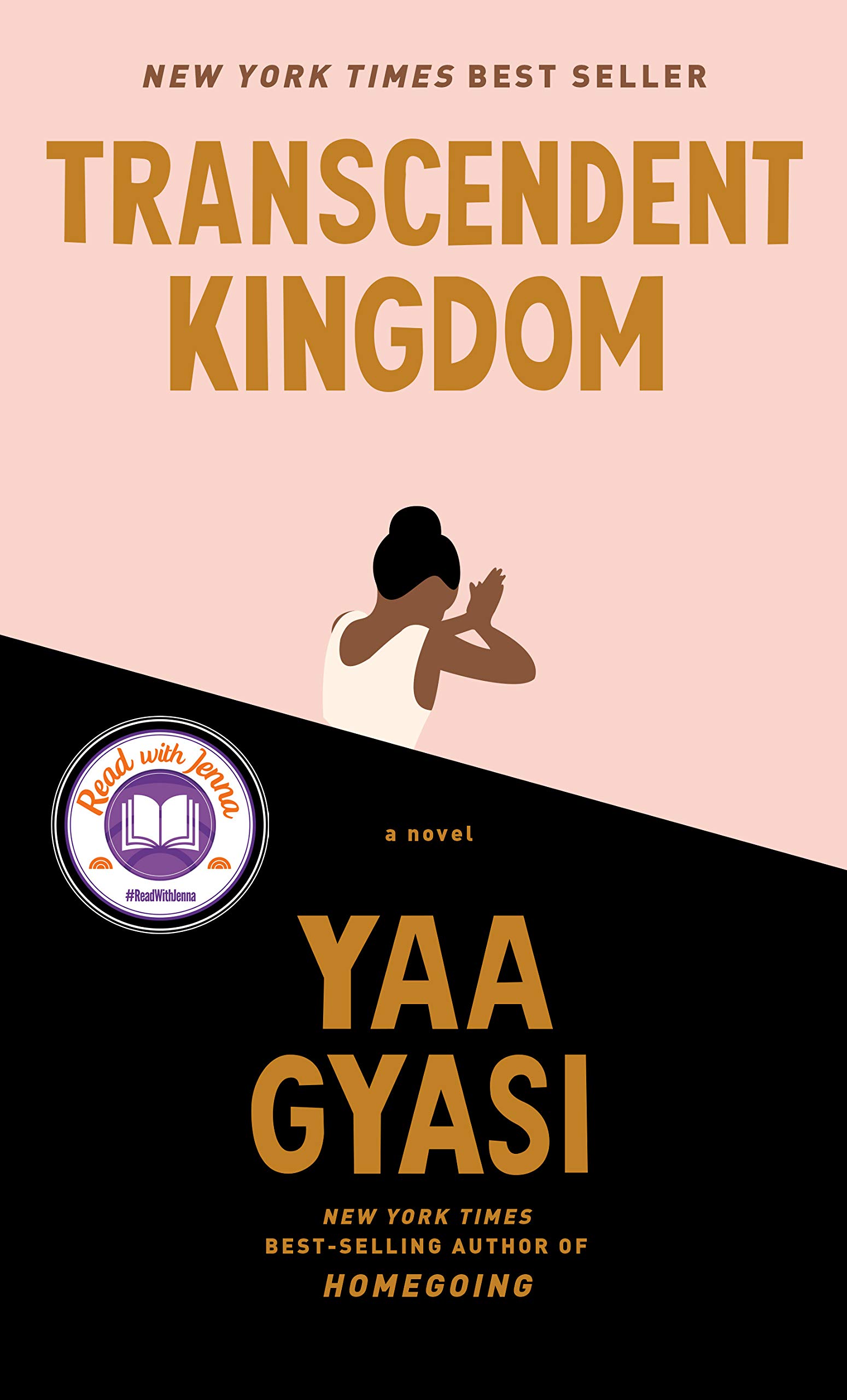
The University of Wisconsin-Madison selected Yaa Gyasi’s Transcendent Kingdom as this year’s Go Big Read book. We invited members of the University community to share their thoughts about the book. This review by Olivia Ligman is the second of 4 reviews that will be published weekly. Read the first one here.
***
Yaa Gyasi’s Transcendent Kingdom is a tour de force of emotional grappling, introspection, pain, healing and the human condition. From beginning to end, Gyasi captures the nuance of human emotion and all of its complexities.
Transcendent Kingdom tells the story of Gifty, a PhD candidate studying neuroscience and specializing in reward seeking behavior. Religion plays a significant role in Gifty’s upbringing, as their mother is a devout Christian. Gifty is particularly faithful and all through her childhood kept a journal where she wrote about her thoughts on God, the bible, and her faith. Throughout the novel, Gifty’s motivations, traumas, history, and relationship with religion and immigration are explored.
Gifty’s childhood is a series of traumatic experiences. Though her brother Nana was born in Ghana, Gifty was an unplanned pregnancy and was born after her parents moved to the US from Ghana. Her father’s return to Ghana cast a shadow over their lives and left Gifty questioning why she was not enough. Later on, Nana, the person Gifty is closest to and the strongest tie of their family, is injured during a high school basketball game. His attempt to manage the pain results in addiction to OxyContin and eventually Heroin. Gifty and her mother try to help Nana without success and end up bearing Nana’s withdrawal-induced abuse. As the moments of sober Nana become fleeting so does the happiness of the family. Nana overdoses on Heroin and dies in a Starbucks parking lot, tragically young and alone.
Gifty and her mother are devastated. Gifty, being 11, tries to rationalize and cope with the loss of the closest person to her. Her faith is deeply shaken, as she questions why God would allow so much pain and suffering. She is burdened with racial, religious, and familial traumas all at once. As her mother’s depression worsens, Gifty attempts to cope by centering her life around schoolwork while wrestling with the idea of faith—whether she believes in God and what faith really means.
She eventually ends up a PhD student, motivated by finding the reasoning behind addiction and depression, and if there’s a neuroscientific way to explain, alter, or stop reward seeking behaviors. Gifty explains that she chooses to do this because it is hard, because it will remind her of Nana and her mother, and because it will hopefully lead to helping people like them. This is a beautiful and painful outcome of the difficulty she has faced during her adolescence.
The book is exceptionally provoking, deeply emotional and philosophical. Gyasi weaves Gifty’s story by moving forward and backwards through time. Gifty’s experiences with Christianity and faith paint a picture of pain, coping, acceptance and catharsis. Nana’s death and the aftermath are extremely difficult to read about but are key to the novel’s message that addiction and depression are complex diseases that come with varied and complex experiences. It is demonstrated that these diseases can impact anyone and can derail an entire family and community.
Transcendent Kingdom thoughtfully examines and dissects the intersections of religion, trauma, addiction, family and growth. This book is a must read and provides powerful opportunities for introspection and exploration of our own experiences and even traumas. It truly transcends the boundaries of contemporary literature and leaves the reader feeling both freed and heavy. Reading Transcendent Kingdom is a truly complex experience, and one that is completely worth having.


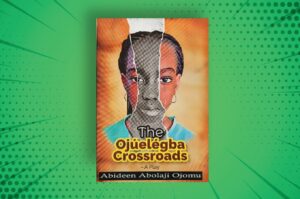

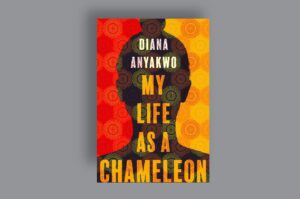

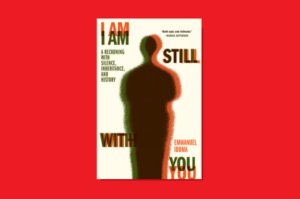
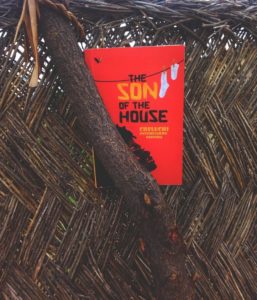

COMMENTS -
Reader Interactions